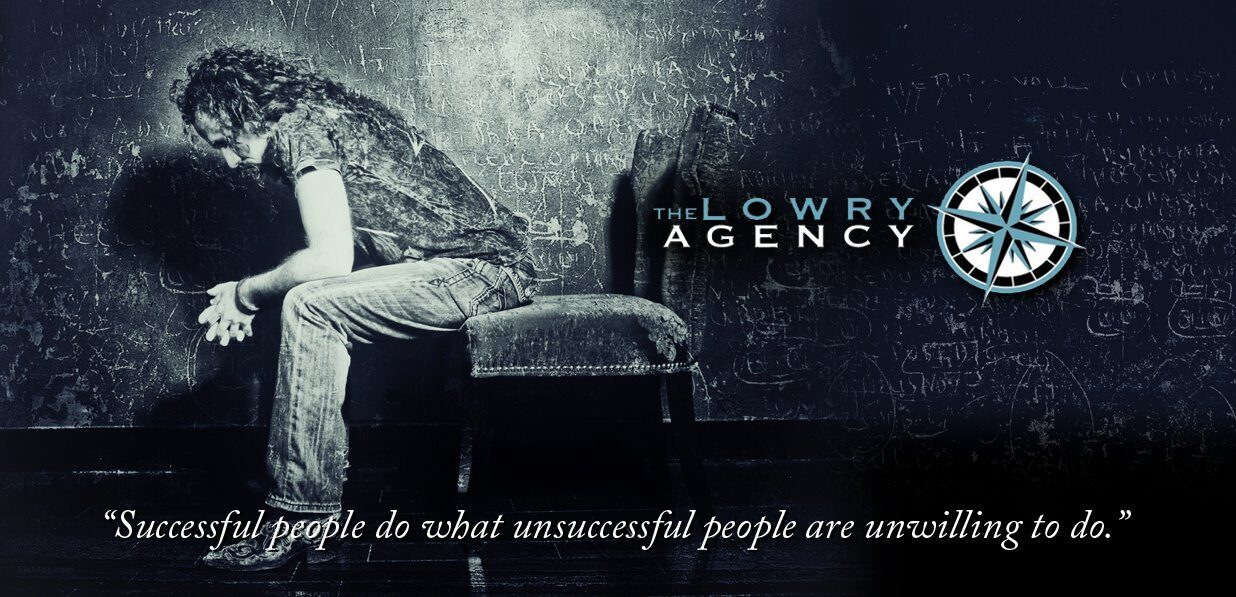Performance Series Part Two – Connecting With An Audience
by Sass Jordan – Artist, The Lowry Agency
Ahhh … the eternal question – how to connect with an audience?
For me, and audience is a collective energy. It ceases to be a bunch of different personalities, as it is impossible to relate one to one in a gathering of more than 3 or 4 individuals. So the audience is ONE person – a bunch of individuals that become ONE, kinda like the Borg on Star Trek. The thing about it is that each collective has a unique ‘personality’ that is created by the combination of all the individual personalities participating, including the performers.
So, the way I look at it is, how does this collective feel to me? Is it happy? Is it melancholy? Is it full of energy? Is it bored, or distracted? Is it aggressive? Is it drunk? Does it have a youthful feel, or an older feel? The feelings are subtle, but they are always there. As a performer, your job is to sense the atmosphere, and to guide it to wherever you want to go. I personally feel that my objective as an artist is to help people to express their feelings in a safe environment, and to feel uplifted by doing so. It is impossible to articulate how that happens in words, but the intent that you have makes a huge difference. You, as a performer, are in a powerful position to influence a collective ‘mood’, and it is therefore your responsibility to take that seriously. You can incite a riot, or a love – fest, and anything in between. You can also leave everyone utterly un-touched.
The primary thing to remember on a stage is that the impression you give off is how people will interpret you. This includes your clothing and the way you hold your body. Confidence makes a massive difference to the collective’s interpretation of your abilities. It you feel a lack of confidence, it will show, and it will make people uncomfortable for you. They won’t know why they are feeling so uncertain and unsure themselves, necessarily, but you can be sure they won’t be enjoying themselves!
Finally, the more you believe in the song you are singing, and relating it to your OWN emotions, the more the collective will feel the same way. Emotion is the most powerful thing in the Universe, in my opinion, and it’s what makes music a Universal language. Music IS emotion. Singing IS emotion. Brilliant playing of a musical instrument IS emotion. The audience wants to be moved, to forget their troubles and tribulations, and to be assured that they are not alone in the feelings that they have. We are all the same underneath our skins and our belief systems. We all want to feel a part of something. When you, as a performer, connect with those feelings inside of yourself, you will communicate them to the collective. Connecting with an audience is as simple and as difficult as connecting with your own feelings and emotions.
That is what makes the difference between a great performer and an average one.
